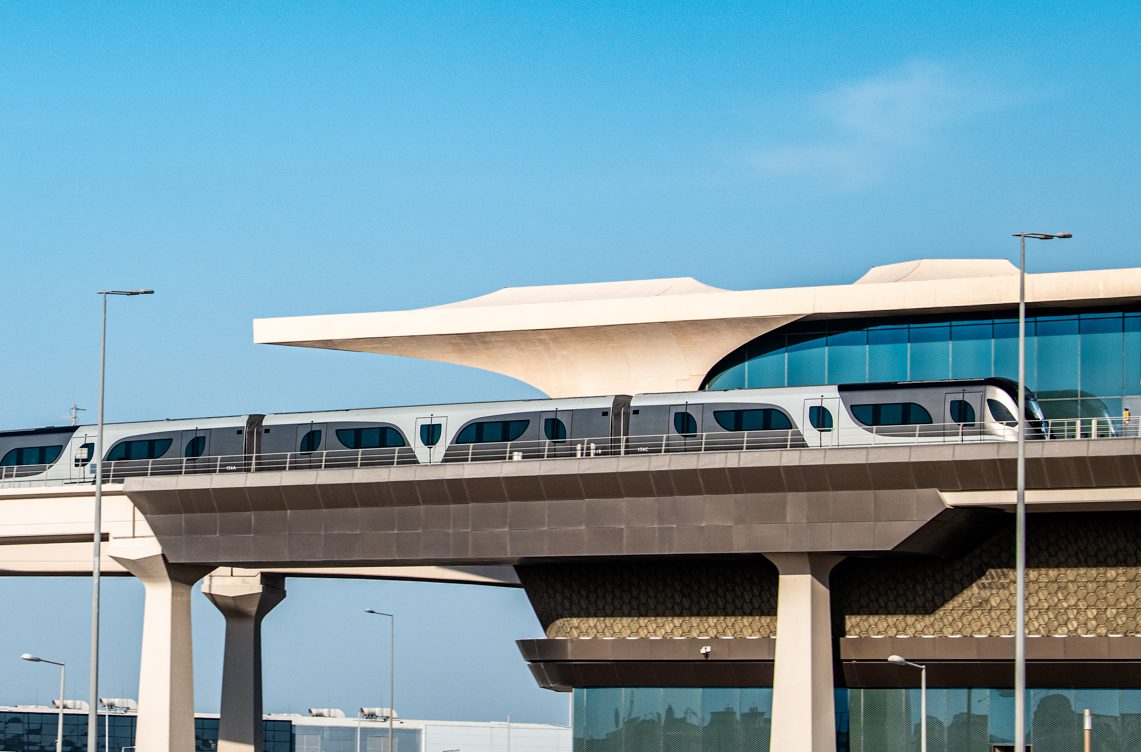Qatar made investments for a number of significant infrastructure projects to be launched after the 2022 FIFA World Cup, two of which have been identified as potential procurement projects for 2023.
In its budget for 2021, the Gulf nation’s government identified new projects worth $14.8 billion, and in 2022, the market for construction was worth $53.3 billion, according to Dentons, the largest multinational law firm in the world. By 2030, it is anticipated that the market will be worth $123.1 billion.
The award of 22 new projects with a combined cost of $2.7 billion is anticipated under Qatar’s 2050 Transport Plan alone for 2023.
Enlisting two examples of significant projects that “may be procured” this year, Dentons cited The Blue Line, an extension of the existing Doha Metro network, which would be built as part of the second phase of the Doha Metro Project.
The multi-billion dollar Sharq Bridge project, which is the second such project, will build a three-part bridge with underwater tunnels connecting it, linking Katara Cultural Village and Hamad International Airport.
Dentons, with $2.9 billion in gross sales for the fiscal year 2021, was recognised as the fourth-largest law firm in the world by revenue.
Separately, FIFA has recently praised the World Cup 2022 infrastructure as being superb and impressive, acknowledging in particular the power plants’ exceptional performance in terms of quality, adaptability, and dependability.
The football governing body stated in an official certificate of appreciation sent to the Qatar General Electricity and Water Corporation (Kahramaa) that the careful operations planning, quality investment, and extensive infrastructure development for the tournament carried out by Kahramaa in collaboration with the Supreme Committee for Delivery and Legacy (SC) allowed for timely full readiness.
As a result of years of collaboration with Kahramaa, FIFA gained confidence in the tournament’s electrical infrastructure, which resulted in a flawless operation of the network during the tournament with no observable issues or outages, it stated, according to Qatar News Agency.
Infrastructure boom
The Gulf nation has rapidly developed its infrastructure, including cutting-edge highways, a metro system, universities, the Museum of Islamic Art, and the stunning new National Museum of Qatar, making its city a popular travel destination.
The Lusail Iconic Stadium, which served as the site of the final, the Stadium 974, and the Al Bayt stadium all served as showcases for architectural marvels during the FIFA World Cup Qatar 2022.
Resonance Consultancy also made note of the astounding 100+ brand-new hotels that have opened in and around the city, including two Waldorf Astoria hotels in addition to the Fairmont and Raffles Doha, which are both housed inside the Katara Tower’s U-shape.







